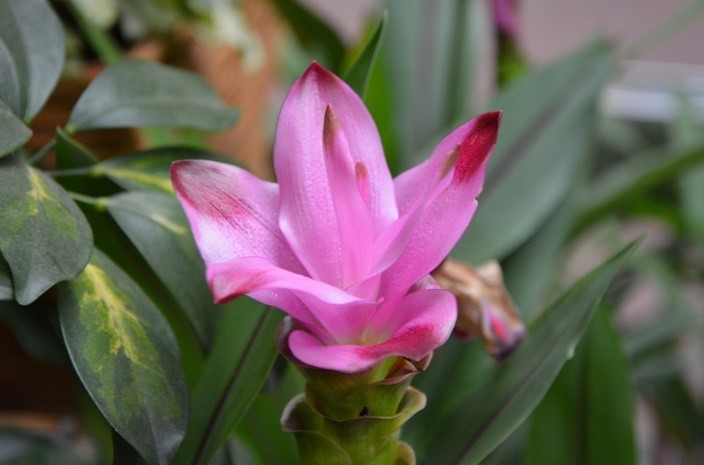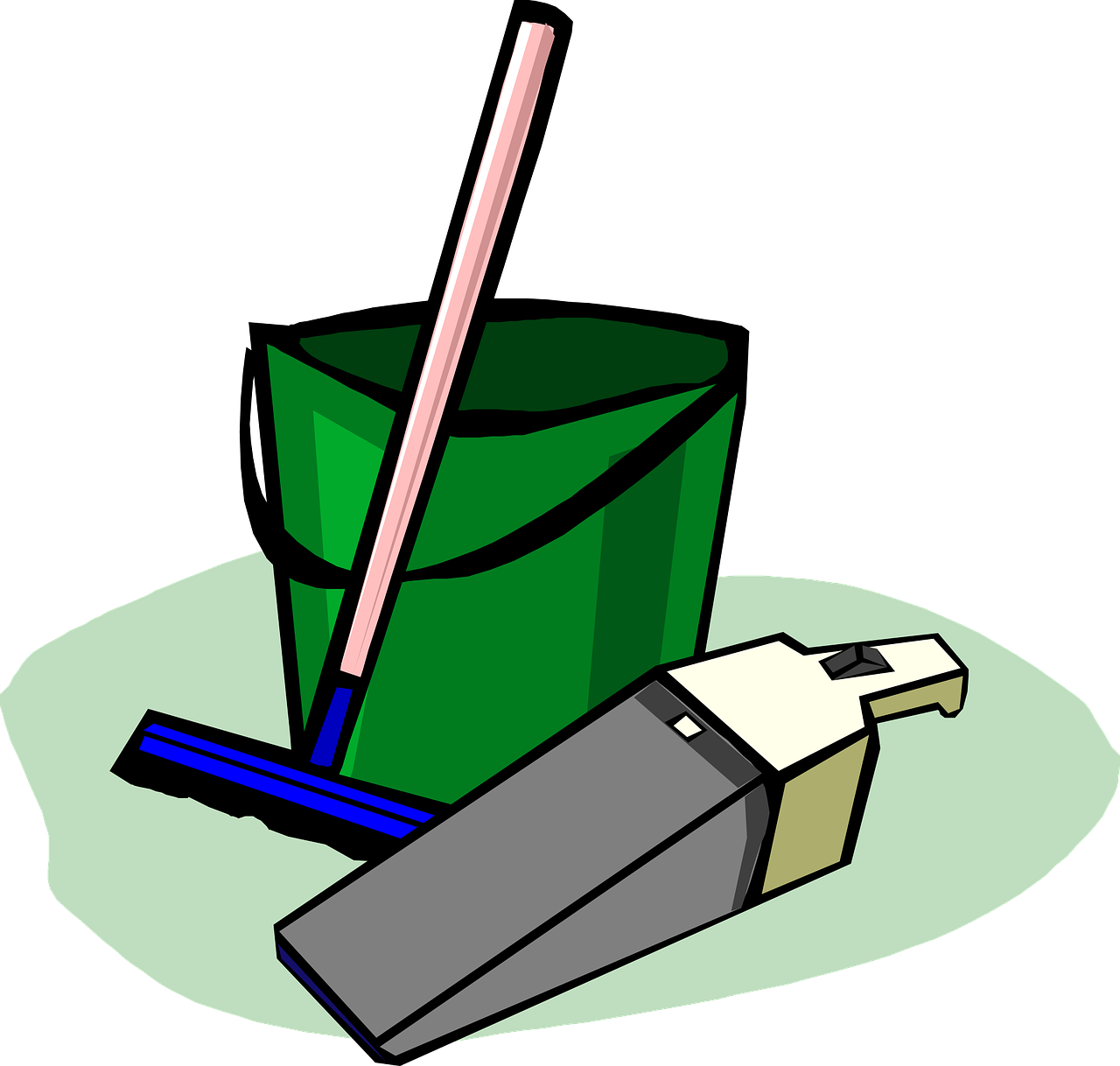
In the age of modern medicine, the idea of revisiting ancient medicinal practices seems inconvenient to some. But many people are starting to incorporate natural remedies as part of their lifestyle, health, and wellness regime. For centuries before modern medicine changed the world, cultures relied on nature and medicinal plants to cure common illnesses. Today, the benefits of these medicinal plants are readily available in supplement form. But, did you know that it is equally simple to grow your own medicinal plants? Here are the best medicinal herbs and plants that will not only serve a practical purpose but beautify your garden too!
Turmeric and ginger
These two herbs belong to the same family. While these are considered tropical plants, you can easily grow them in pots kept indoors. Turmeric is quite popular as a supplement these days. It contains the active compound curcumin which is currently being explored for its supposed medicinal potential. In Ayurveda, turmeric is commonly used to treat digestive problems. A concoction of turmeric and ginger tea is prescribed for indigestion, irritable bowel, and chronic pain. It is claimed that turmeric also has anti-inflammatory properties. Today, you can buy turmeric shots which you can add to your morning smoothie or drink on their own.
Mint
Mint is a versatile herb that you can use in cooking and for other purposes. Mint tea can naturally relax you, and help ease respiratory problems. Mint is also good for your digestion. Mint is an excellent addition to your herb garden because it also repels insects such as mosquitoes.
Aloe Vera
Many people are familiar with aloe vera. It is also well-regarded in Ayurveda because of its many benefits. The fleshy leaves of aloe contain water, which means it is not a difficult plant to grow. One of the most common medicinal applications of aloe is for treating burns. But in addition to this, aloe is also used for treating digestive problems like constipation. The moisturizing effect of aloe is also great for the skin, especially if you suffer from acne or other skin problems.
Fenugreek
Fenugreek is another herb that has many medicinal uses. You can use both the seeds and the leaves for cooking, and at the same time, aid in relieving the symptoms of some conditions. In Ayurveda, fenugreek is said to help lower blood cholesterol, relieve joint pains, improve appetite, and promote hair growth.
Fennel
This aromatic plant is a popular spice used in Indian cooking. Fennel does not require extensive care, which means it is an excellent option if you are new to gardening. Some of the many medicinal applications of fennel include treating cough, increasing lactation, and controlling cholesterol levels.
Coriander
Coriander is another versatile herb that has many medicinal benefits. Apart from the many uses of coriander in cooking, it is also said to have many medicinal properties. Not only does it prevent food spoilage, but it can also aid digestion and improve incontinence. This herb is rich in antioxidants that help in natural cell regeneration and repair.









